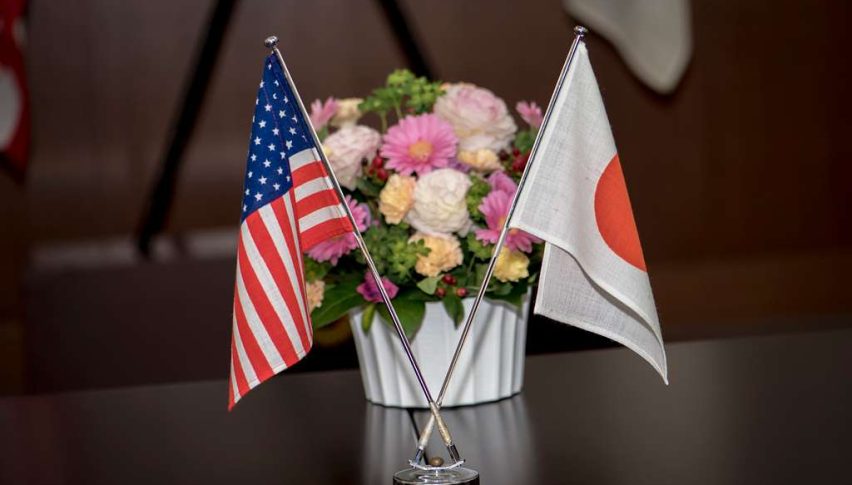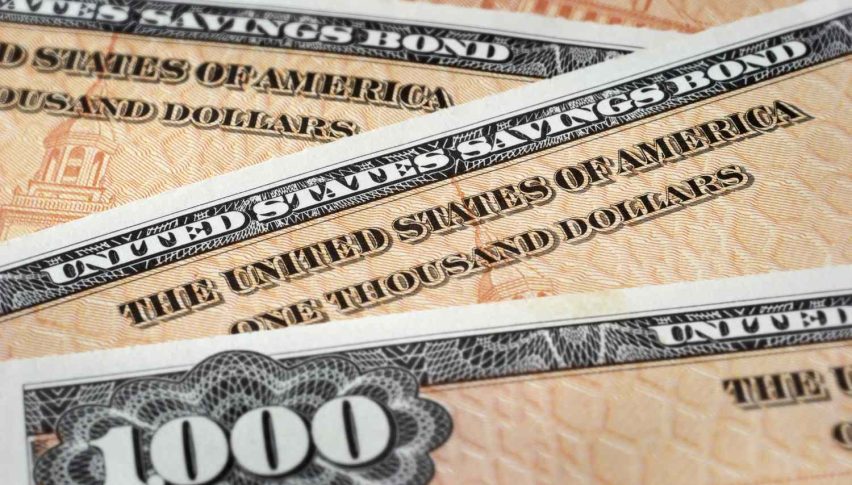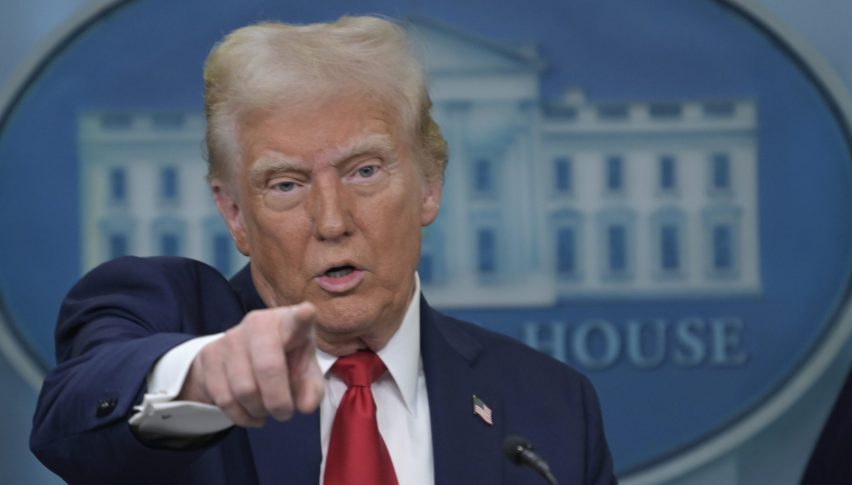Japanese Companies Put Off Wage Hikes, Focus on Job Security
The ongoing coronavirus crisis has caused Japanese firms to offer the weakest pay hikes to employees since eight years, amid continued
The ongoing coronavirus crisis has caused Japanese firms to offer the weakest pay hikes to employees since eight years, amid continued uncertainty about corporate profits and overall economic outlook. As part of former PM Shinzo Abe’s reforms to tackle deflation, leading Japanese companies used to offer wage increases of around 2% or higher during their annual spring wage negotiations, or “shunto”.
Companies were also driven to offer competitive pay packages to attract talent in a country that faces acute shortage of labor among a rapidly aging population. However, the pandemic and ensuing restrictions have hit the operations of companies across almost every sector, especially the services sector. This has driven a shift in focus from ensuring job security instead of hiking wages.
With companies dependent on subsidies from the government to retain their workers amid the downturn hitting their profits and spending plans, the priority for firms and workers is now on preventing layoffs and offering job security. On the other hand, in previous years, labor unions held the upper hand in negotiations with companies due to the shortage in available workers, which had supported the practice of shunto.
Weak wage hikes are an indicator of upcoming challenges in corporate outlook as well as household spending, both of which can hamper Japan’s economic recovery and keep inflation levels well below the BOJ’s 2% target. Several companies have skipped or reduced pay increases this year while others have opted for a different approach instead of offering wage hikes across the board, highlighting a cautious attitude among companies towards the economic conditions in the present and in the near future.
- Check out our free forex signals
- Follow the top economic events on FX Leaders economic calendar
- Trade better, discover more Forex Trading Strategies
- Open a FREE Trading Account



